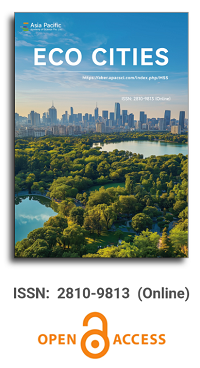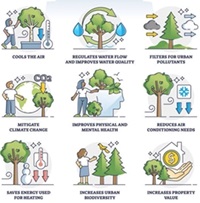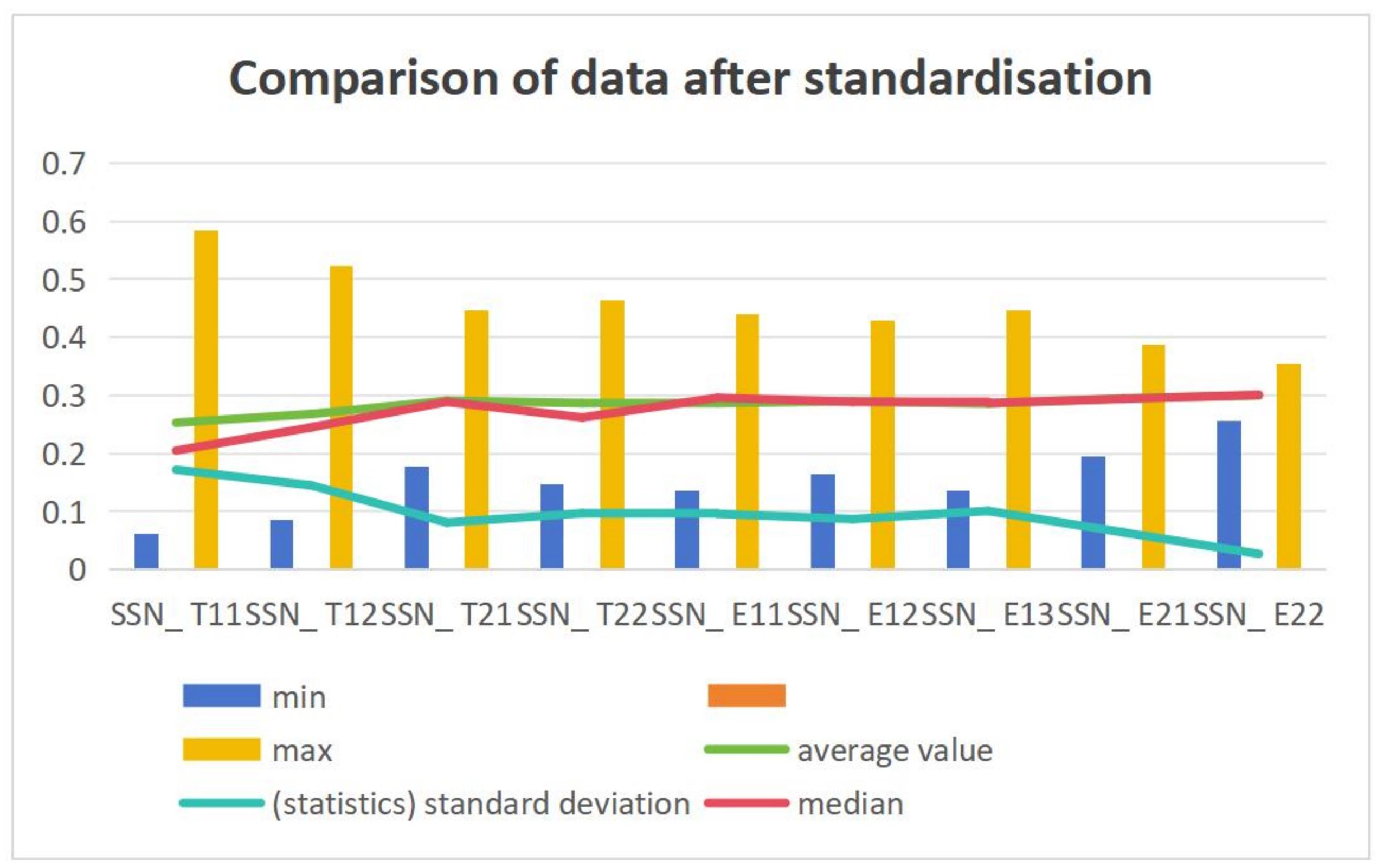


Construction of evaluation index system of ecological civilized city
Vol 2, Issue 1, 2021
Download PDF
Abstract
Ecological civilization city evaluation is the driving force and main means to promote the construction of urban ecological civilization. The establishment of evaluation index system is the key to the scientific and accuracy of ecological civilization city evaluation. The element structure method is adopted to build the evaluation index model according to the functions of urban government in economy, culture, society and environment. Build an evaluation index system for urban ecological economy, ecological culture, ecological society and ecological environment.
Keywords
References
- Zhang K, Wen Z, Du B, et al. Eco city evaluation and index system. Beijing: Chemical Industry Press; 2003. p. 58.
- Wu Q, Wang R, Li H, et al. Eco city index system and evaluation method. Journal of Ecology 2005; (8): 2090–2095.
- Wang J, Lu Y, Wang Y. Design and application of eco city index system. Sichuan Environment 2004; (6): 7–11.
- Wang R. Ecological security, ecological economy and ecological city. Academic Monthly 2007; (7): 5–11.
- Qin L. Research on ecological civilization city construction and index system. Guangxi Social Sciences 2011; (7): 110–113.
- Sun J. Research on index system construction and evaluation method of ecological civilized city under the new situation. Reform and Opening Up 2012; (4): 83–84.
- Wang H, Wang Q, Zhan X. Research on ecological civilization evaluation index system based on civilization ecology. Journal of China University of Geosciences (Social Science Edition) 2012; (5): 27–31.
- Ma D. Research on the construction path and evaluation system of ecological civilized city. Sustainable Urban Development 2009; (16): 80–85.
- Shen Z. Index system and monitoring method of building an ecological civilized city in Guiyang. Strategic Research 2009; (5): 13–16.
- Zhu C, Jiang B. Theoretical construction and empirical test of ecological civilization index based on HDI. Research on Dialectics of Nature 2009; (8): 114–118.
- Zhang H. Moral philosophy and economic system analysis. Beijing: People’s Publishing House; 2010. p. 182.
- Wang R. Ecological security, ecological economy and ecological city. Academic Monthly 2007; (7): 5–11.
- Yu M. Ecological culture is a new culture. Changbai Journal 2005; (1): 9–14.
- Morrison R. Towards an ecological society. Mingkong (translator). China Social Science Today, 2010 Apr 15.
- Scheer H. Solare weltwirtschaft: Strategie für die ökologische modern (Germany) [Solar world economy: Strategy for ecological modernity]. Huang F, Ba H (translators). Beijing: Sanlian Bookstore; 2000. p. 12.
- Yao S. Thoughts on ecological society and harmonious society: Also on “green labor” in modern society. Guangdong Social Sciences 2005; (6): 53–57.
- Bai Z. Ecological harmonious society: Innovation of social view. Ecological Economy 2010; (1): 191–195.
- Li W, Yang Z, Wang R. Characteristics and formation mechanism of urban ecosystem landscape pattern. Journal of Ecology 2005; (4): 428–432.
- Wang P, Ma L, Li K. Nanjing urban ecological environment quality evaluation system. Journal of Ecology 2006; (1): 60–63.
- Fu S, Liu S, Ma K. Contents and methods of ecosystem comprehensive evaluation. Journal of Ecology 2001; (11): 186–192.
Supporting Agencies
Copyright (c) 2021 Xiuqin Yu, Xinyi Zhang, Dandan Zheng
License URL: https://creativecommons.org/licenses/by/4.0

This site is licensed under a Creative Commons Attribution 4.0 International License (CC BY 4.0).

Chinese Academy of Sciences, China
Indexing & Archiving
Asia Pacific Academy of Science Pte. Ltd. (APACSCI) specializes in international journal publishing. APACSCI adopts the open access publishing model and provides an important communication bridge for academic groups whose interest fields include engineering, technology, medicine, computer, mathematics, agriculture and forestry, and environment.



.jpg)

.jpg)



